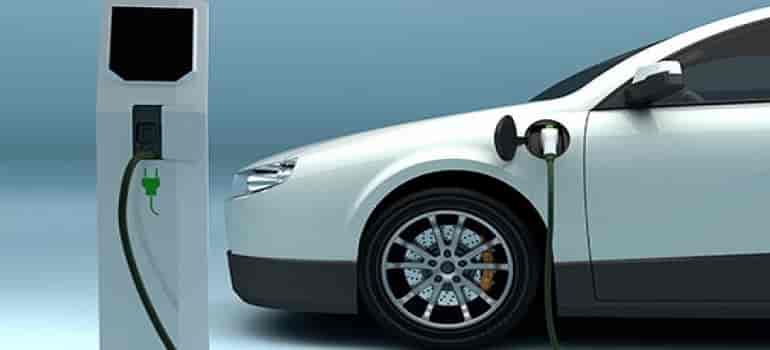 Belgian materials technology group Umicore is planning to invest in ramping up its recycling capacity over the next decade in line with rapid growth in the electric vehicle (EV) market, the group’s Chief Executive said on Thursday.
Belgian materials technology group Umicore is planning to invest in ramping up its recycling capacity over the next decade in line with rapid growth in the electric vehicle (EV) market, the group’s Chief Executive said on Thursday.
The International Energy Agency expects numbers of electric vehicles on roads worldwide to be around 40 times higher in 2030 than in 2017, leading to a sharp rise in spent batteries becoming available for recycling.
“We are preparing to make investment choices and decisions in the first part of the next decade because we will have to be ready with larger industrial scale recycling facilities than we have today sometime around the mid-2020s,” said Marc Grynberg during a media briefing.
“Today we have a capacity of about 7,000 tonnes of spent batteries… that would correspond to the recycling of about 150,000-200,000 EV batteries,” he said.
“If you make assumptions about what the market may be 10 years down the road, knowing that this year probably more than 2 million EVs and plug-in EVs will be sold, then you have an idea about the scaling up factor that will be required.”
In June Berenberg analysts said they expected Umicore to invest 280 million euros in a recycling facility around 2020/21, which would potentially give it around a one-third market share in EV battery recycling by 2025.
Umicore said it had no comment to make on the projection, and that it was too early to give detail on the amount of any investment.
Grynberg said so-called ‘second life’ applications, where EV batteries are reused for tasks like storing power for homes and offices, would not have an effect on recycling demand.
“We’ve always said that this is going to be a niche application for some residential energy storage because the economics wouldn’t work for a utilities-scale project of energy storage, nor for grid regulation,” he said.
Grynberg also said plans to launch cash-settled contracts for lithium and cobalt by the London Metal Exchange are “irrelevant” as most suppliers are not interested in participating.
The LME is planning to launch a suite of contracts next year to tap into an expected boom in electric vehicle demand.
Grynberg said while having a paper market that end-users could use to hedge their positions “would simplify our lives,” the chances of the contracts succeeding were limited.
“The producers are not interested and I don’t see what could make them change their minds,” he said.
Source: Reuters


